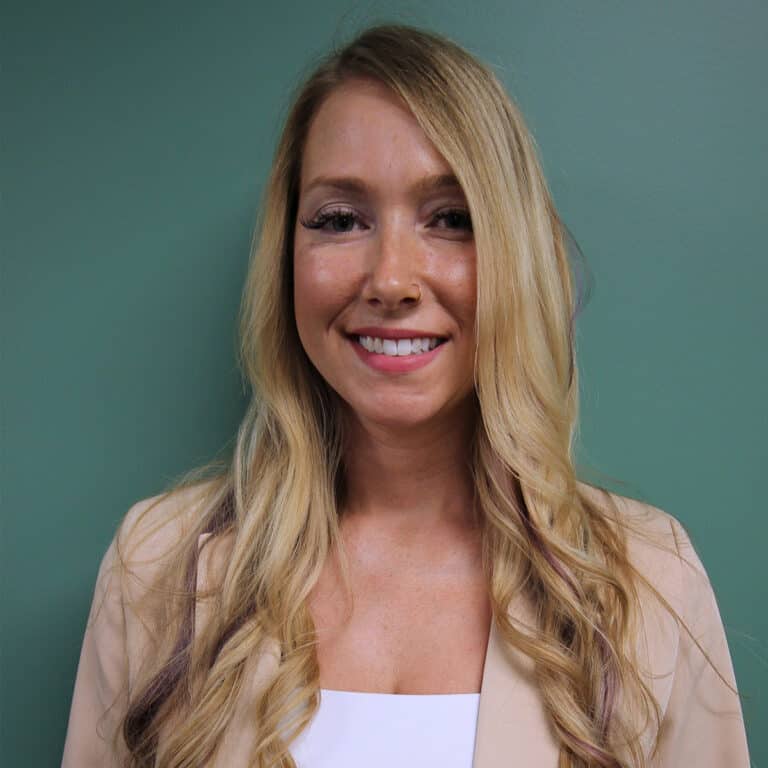Individualized Attention In Addiction Therapy
Many people find it hard to open up when they are surrounded by people they don’t know. This can happen when you start a PHP in Southborough, MA or IOP in Southborough, MA Individual therapy for substance use disorder in Massachusetts allows guests to work one-on-one with a therapist on their individual fears, concerns, triumphs, and mental health strategies. Here, you can speak to your personal counselor in a private and discrete setting. Individual therapy will help you discover the root causes of substance use disorder. You will also learn new coping skills in order to deal with events in your personal life.
Setting Intentions In Addiction Therapy
We offer a wide range of therapies available at Paramount Recovery Centers in Southborough, MA. These include 12-step meetings and individual counseling sessions. Each session leader will have a specific goal in mind to help the group stay focused on progress and recovery. The intention of a therapeutic program may seem simple or unremarkable at first, but if you give it a chance, it can open your world to healing. Join us in the following drug treatment programs:
- Outpatient addiction treatment in MA
- Medication-assisted treatment in MA
- Family therapy in MA
- Men’s drug and alcohol addiction treatment facility in MA
- Women’s drug and alcohol addiction treatment facility in MA
We will begin to track your growth on the first day you arrive and note any setbacks, concerns, and profound experiences along the way. In fact, this will help us get a better understanding of your addiction while making minor adjustments to your individual treatment plan to align with your goals.
During therapy sessions at Paramount Recovery Centers, you can expect to explore past experiences and mental health issues, reasons for a substance use disorder, and current concerns standing in your way. Depending on your needs and current stage of recovery, participation will include individual, group, and family counseling sessions.
Request a 100% Confidential Callback
If you or a loved one are struggling with substance abuse and mental health problems, contact our drug and alcohol rehab center in the Greater Boston area to talk confidentially with an addiction specialist. For immediate help, call (978) 878-3677 or fill out the form below, and we will get back to you as soon as possible.
"*" indicates required fields
Bring Your Loved Ones To Southborough Family Counseling
Family therapy is an important part of any drug rehab experience. We find that allowing families to have access to some of the tools that have been proven to be effective in helping people overcome substance use disorder can aid in healing. Our family program covers the following concepts:
- Codependency
- 12-step protocols
- Accountability
- Guilt
- Behavior patterns
Family therapy allows your family to learn the truth about addiction and heal from their own experiences. Specifically, they will learn more about substance use disorder as a disease. They’ll also begin to understand their role in your recovery as a support network.



